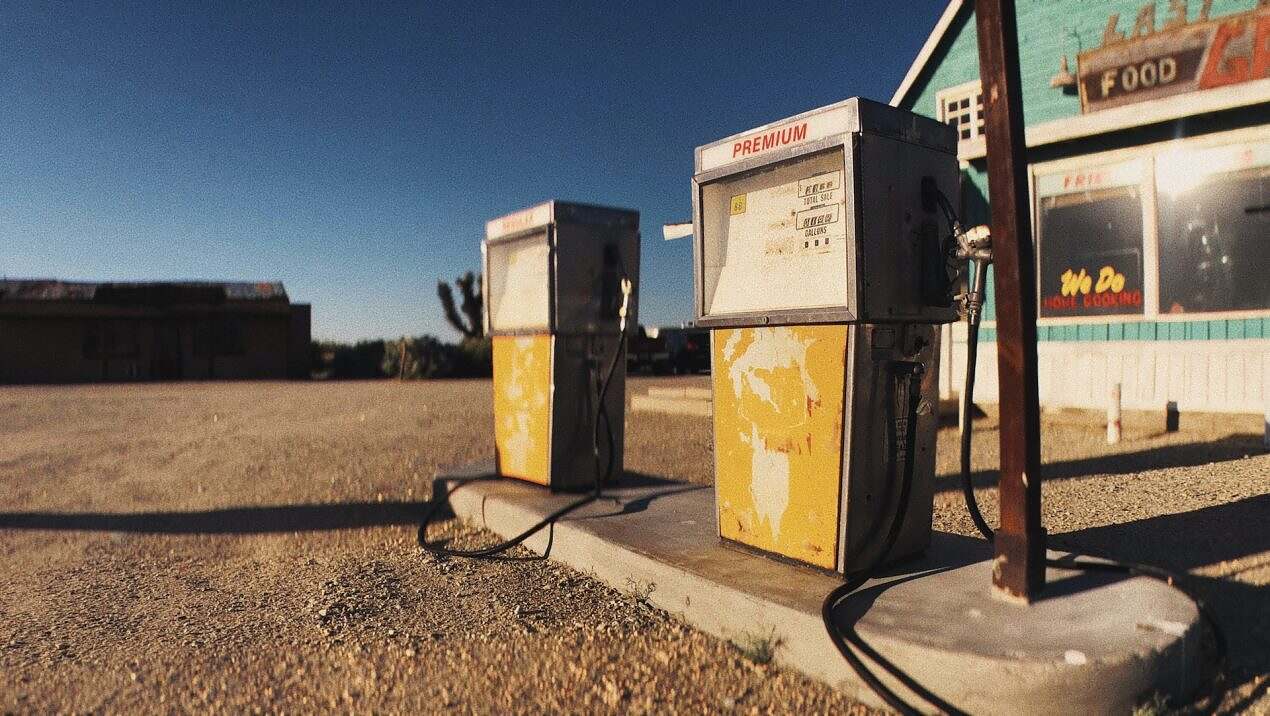The question of how long Earth’s oil reserves will last and the implications for sustaining human civilization is a complex and multifaceted issue that concerns governments, industries, and citizens worldwide.
Estimates vary widely due to differing methodologies, assumptions about future consumption patterns, and the inclusion of unconventional oil reserves. This article provides an overview of current estimates and explores the factors influencing these predictions.
Current Estimates of Crude Oil Reserves
Crude oil reserves are typically categorized into “proven” reserves, which are quantities of oil that geological and engineering information indicates with reasonable certainty to be recoverable under existing economic and operational conditions.
As of my last update in April 2023, the global proven oil reserves were estimated to be around 1.263 trillion barrels. However, this figure is constantly revised as new discoveries are made, extraction technologies improve, and economic conditions evolve.
Factors Influencing Oil Reserve Estimates
- Technological Advancements: Technological progress in oil extraction techniques (e.g., fracking, enhanced oil recovery methods) can significantly increase recoverable reserves from existing fields and make previously uneconomical reserves viable.
- Economic Conditions: The profitability of oil extraction depends on global oil prices, which fluctuate based on supply and demand dynamics, geopolitical tensions, and policy decisions. Higher prices can make it economical to extract from more challenging environments, thus increasing reserves.
- Political and Environmental Considerations: Government policies aimed at reducing carbon emissions and promoting renewable energy sources could decrease the demand for crude oil, extending the lifespan of existing reserves. Conversely, political instability in oil-rich regions can affect the accessibility and reliability of reserves.
- Unconventional Reserves: Unconventional oil sources, such as oil sands and shale oil, have the potential to add significantly to global reserves. Their inclusion in total reserve estimates can dramatically alter projections of how long oil will last.
Estimations and Projections are always changing
Estimating the lifespan of global oil reserves often involves calculating the “R/P ratio” – the reserves-to-production ratio, which divides the amount of proven reserves by the current rate of production to estimate how many years the reserves will last.
BP’s 2014 estimate still lingers – even today – as USA Today detailed in a 2014 piece in their magazine. As the article noted: based on current global production rates of about 100 million barrels per day, the R/P ratio suggests that proven reserves could last around 50 years.
However, this simplistic calculation does not account for potential increases in production efficiency, new discoveries, the possible expansion of unconventional oil reserves, or changes in global consumption patterns, especially with the growing emphasis on sustainability and renewable energy sources.
Sustainability and the Transition to Renewable Energy
The eventual depletion of crude oil reserves underscores the importance of transitioning to renewable energy sources. While oil has powered the global economy for over a century, the finite nature of fossil fuels and their environmental impacts necessitate a shift towards sustainable energy solutions such as solar, wind, hydro, and nuclear power. This transition not only addresses the depletion of crude oil reserves but also aligns with global efforts to mitigate climate change and reduce greenhouse gas emissions.
Conclusion
While estimates suggest that global crude oil supplies could last around 50 more years at current consumption rates, this figure is highly variable. Factors such as technological advancements, economic conditions, political decisions, and the shift towards renewable energy sources will critically influence the timeline.
The challenge lies not just in calculating how long our oil reserves will last but in ensuring that the transition to a sustainable and diversified energy portfolio is managed effectively to sustain human civilization in the long term.



